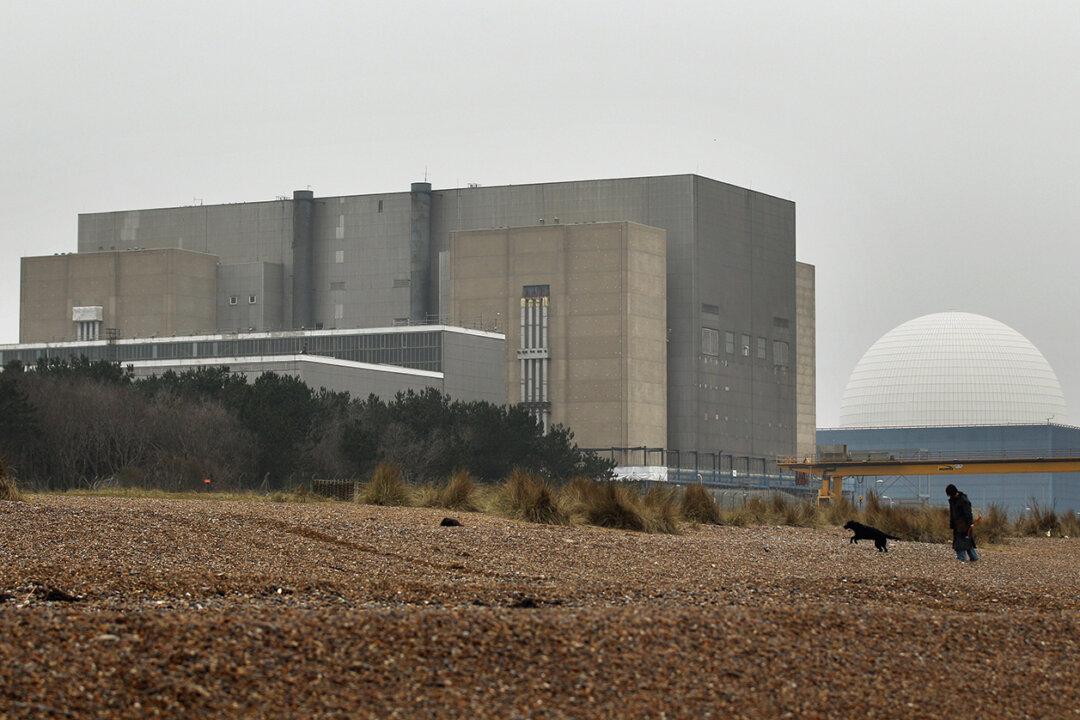The UK government has confirmed it is to negotiate with French power producer EDF about developing the proposed Sizewell C nuclear power plant in Suffolk.
The government is looking at options to enable investment in at least one nuclear power station by 2024, and is considering funding Sizewell C, a twin-reactor plant that could generate 3.2 gigawatts of electricity, 7 percent of Britain’s energy needs.




